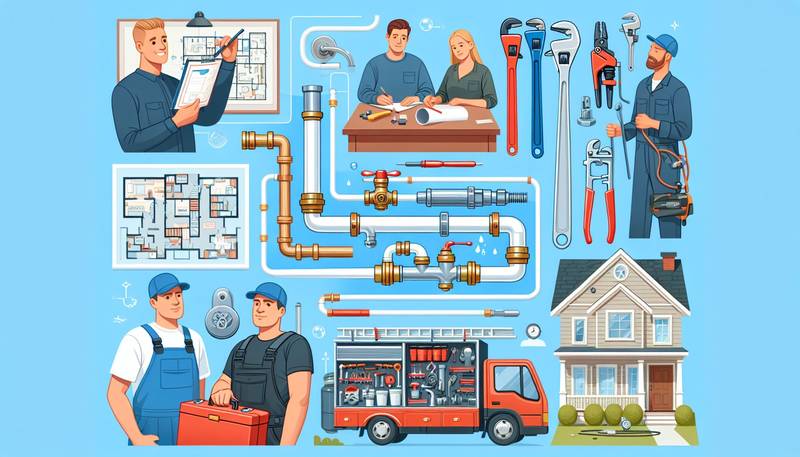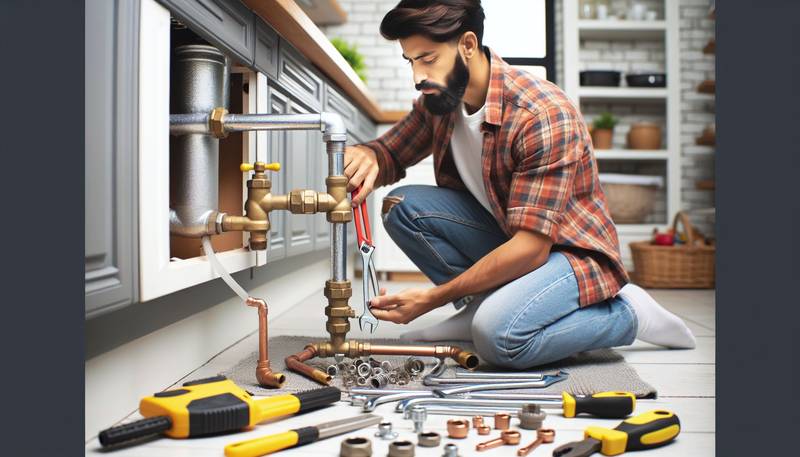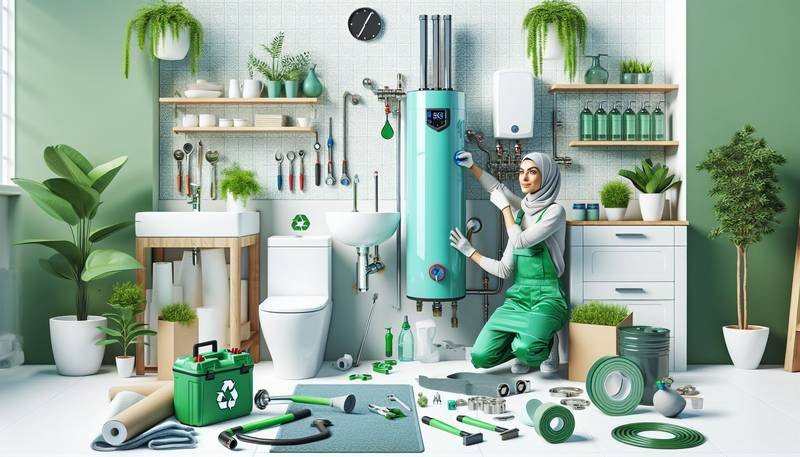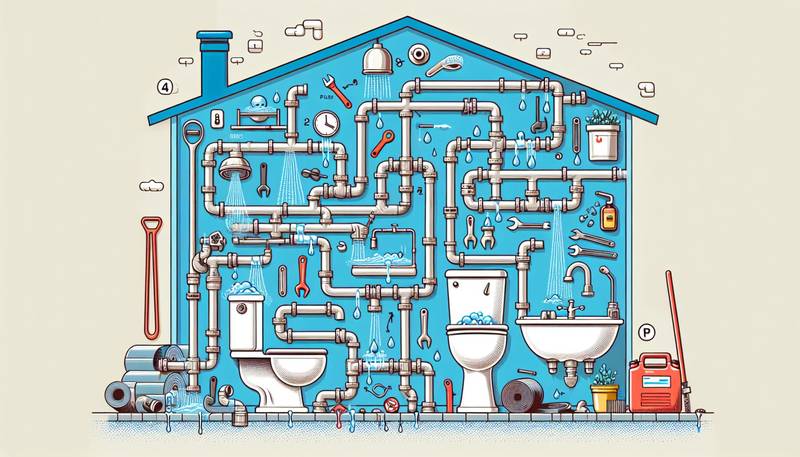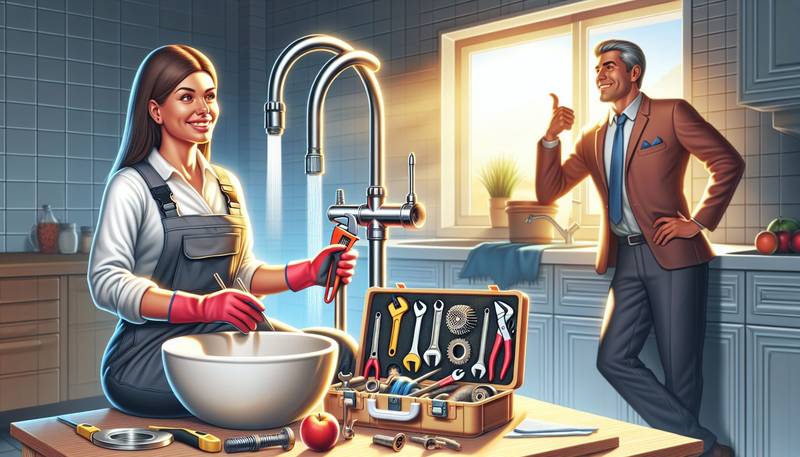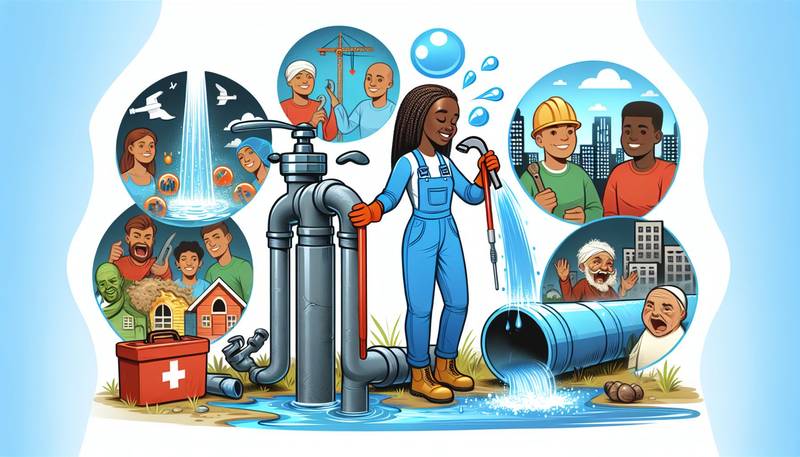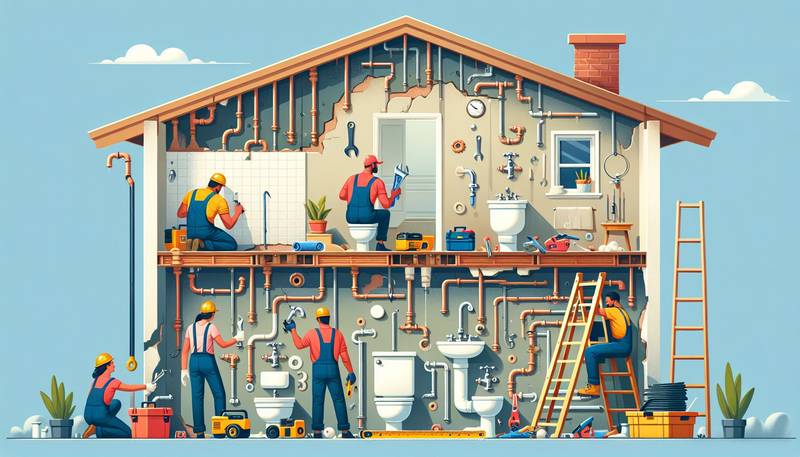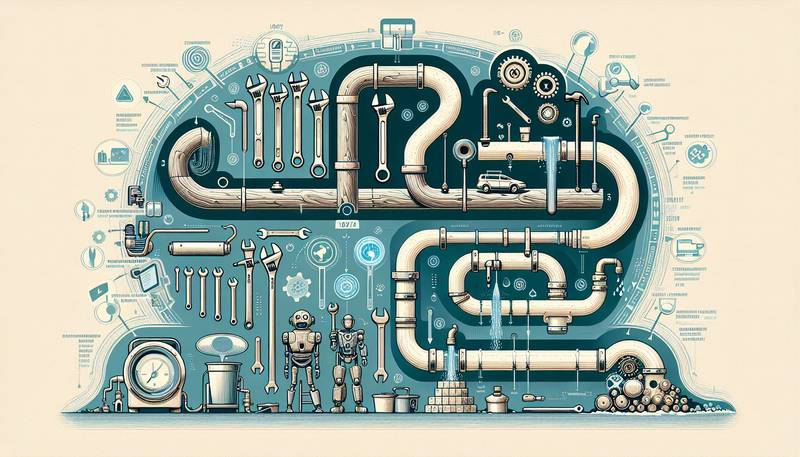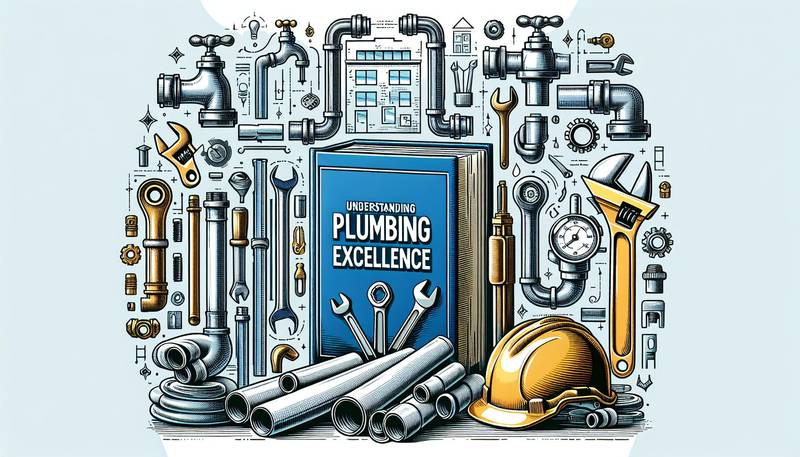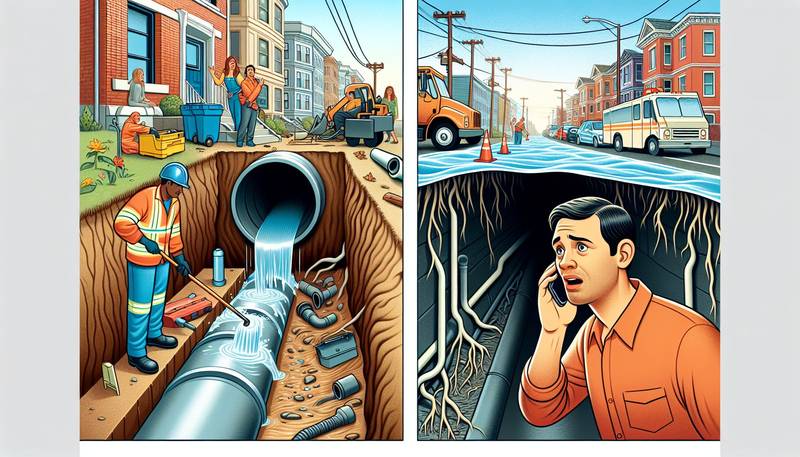The Essential Guide to Starting Your Career in Plumbing
However, starting a career in plumbing can be daunting without the right guidance. This essential guide will provide you with all the information you need to kickstart your career in plumbing.
Education and Training
To become a licensed plumber, you must first complete a training program or apprenticeship. These programs can vary in length, but typically take around four to five years to complete. During your apprenticeship, you will work alongside experienced plumbers and learn the necessary skills and knowledge to excel in the field.
It is advisable to look for apprenticeships through trade schools, vocational programs, or plumbing companies. These programs will provide you with hands-on experience and allow you to earn while you learn. Additionally, some states require plumbers to complete a certain number of classroom hours before they can become licensed.
Licensing and Certification
After completing your apprenticeship or training program, you will need to obtain a plumbing license to work professionally. Licensing requirements vary by state, but typically involve passing an exam that tests your knowledge of plumbing codes, regulations, and best practices.
In addition to obtaining a license, you may also want to consider obtaining certification from professional organizations such as the Plumbing-Heating-Cooling Contractors Association (PHCC) or the National Inspection Testing and Certification Corporation (NITC). These certifications can help you stand out in the field and demonstrate your expertise to potential employers.
Building Your Skillset
Plumbing is a hands-on trade that requires a unique set of skills. In addition to technical knowledge of pipes, fittings, and systems, plumbers must also possess problem-solving abilities, communication skills, and physical strength.
To build your skillset as a plumber, it is important to stay up to date on the latest plumbing technologies and techniques. Consider taking continuing education courses or attending workshops to expand your knowledge and expertise. Additionally, seek out opportunities to work on a variety of projects to gain experience in different areas of plumbing.
Finding Employment
Once you have completed your education, training, and obtained necessary licenses and certifications, it is time to start looking for employment. There are many different avenues to explore when searching for plumbing jobs, including plumbing companies, construction firms, maintenance departments, and government agencies.
Networking can also be a valuable tool in finding employment as a plumber. Attend industry events, join professional organizations, and connect with experienced plumbers in your area to expand your professional network. Additionally, consider creating a strong online presence through platforms like LinkedIn to showcase your skills and experience to potential employers.
Advancing Your Career
As you gain experience in the field, you may want to consider advancing your career in plumbing. There are many opportunities for growth in the field, including becoming a master plumber, starting your own plumbing business, or specializing in a specific area such as green plumbing or pipefitting.
To advance your career, consider pursuing additional certifications or training in specialized areas of plumbing. Continuing education can help you stay competitive in the field and open up new opportunities for advancement. Additionally, seek out mentorship from experienced plumbers who can provide guidance and support as you progress in your career.
Conclusion
Starting a career in plumbing can be a rewarding and lucrative choice for those interested in a hands-on trade. By completing the necessary education, training, and obtaining licenses and certifications, you can launch a successful career in plumbing. Remember to continuously build your skillset, stay up to date on industry trends, and network with other professionals to advance your career in the field. With dedication and hard work, you can establish yourself as a skilled and successful plumber.
